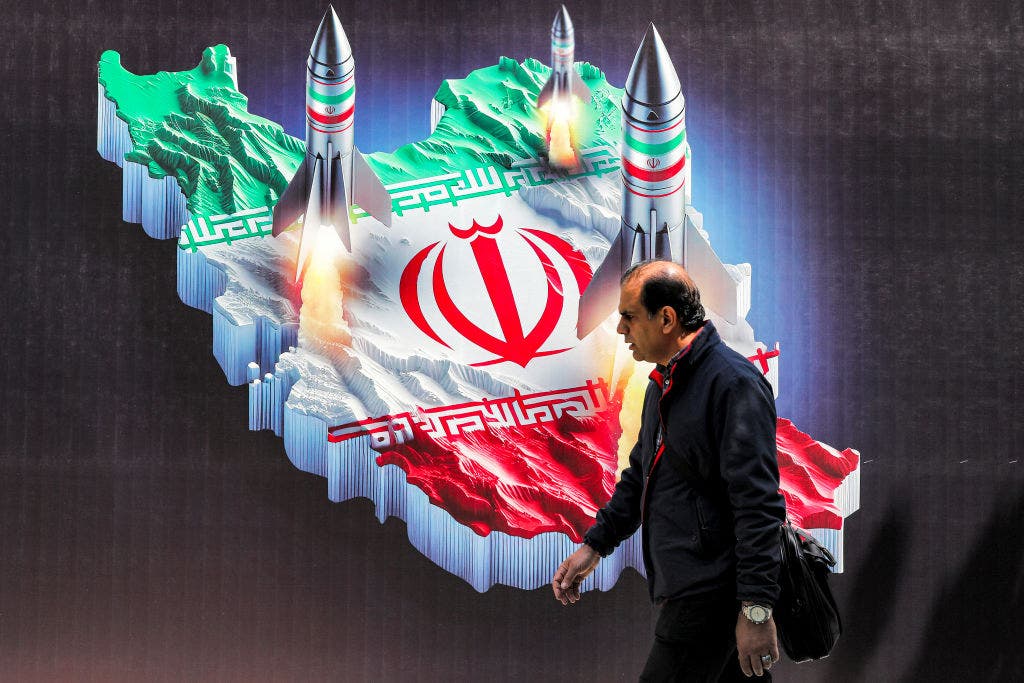The focus on Iran’s nuclear weapons program has intensified due to a potential high-intensity war between Israel and Iran. Iran’s recent aerial attacks on Israel have raised concerns about their capability to fire a nuclear weapon at the Jewish state. Experts believe that Iran is closer than ever before to having a nuclear weapon capability, with the potential to cause a “nuclear Holocaust” for Israel. Iran has been working on a nuclear weapons program since the late 1990s, known as the Amad Plan, and continues to enrich uranium at an elevated rate, raising alarm among the international community.
As Iran’s nuclear program progresses, world leaders are coming together to condemn Iran’s actions. The United States and other countries have tried to negotiate with Iran through the Joint Comprehensive Plan of Action (JCPOA) in 2015, imposing temporary restrictions in exchange for sanctions relief. However, former President Trump withdrew from the agreement in 2018, arguing that it did not prevent Iran’s nuclear ambitions. The maximum pressure campaign was then implemented to compel Iran to comply with the agreement, but Iran continued to enrich uranium at an unprecedented pace, leading to heightened tensions.
Israeli war planners believe it is critical to prevent Iran from building nuclear weapons to ensure the nation’s security. Experts warn that Iran could develop a crude nuclear explosive in as little as six months, posing a significant threat to Israel. Iran’s recent drone and missile attacks on Israel highlight the need for Israel to reestablish deterrence against the Iranian regime. World leaders unite in their support for Israel and their condemnation of Iran’s reckless behavior.
President Biden has called for a G7 meeting in response to Iran’s recent attacks, emphasizing the urgent need to address the situation. Experts highlight the importance of preventing Iran from obtaining nuclear weapons and suggest that a rapid, large-scale military strike may be necessary to deter Iran’s nuclear ambitions. The U.S. State Department has ruled out participating in military strikes against Iran, leaving Israel to face this existential security threat on its own.
The failure of world powers to effectively address Iran’s nuclear weapons program has led to increased tensions in the region. Iran’s aggression under the Biden administration has raised concerns about the effectiveness of current diplomatic efforts. Experts suggest that triggering snapback sanctions and engaging in joint military action with Israel may be necessary to build deterrence against Iran. The ongoing conflict between Israel and Iran underscores the urgent need for coordinated international efforts to prevent a potential nuclear catastrophe in the region.
In conclusion, the escalating tensions between Israel and Iran, fueled by Iran’s nuclear weapons program, pose a significant threat to regional stability and global security. The failure of diplomatic efforts to address Iran’s nuclear ambitions has raised concerns about the effectiveness of current policies. World leaders must come together to find a solution to prevent Iran from obtaining nuclear weapons and ensure the safety and security of Israel and the wider region.















